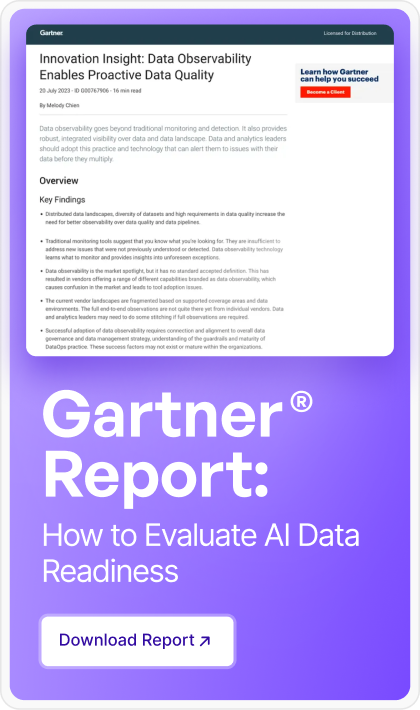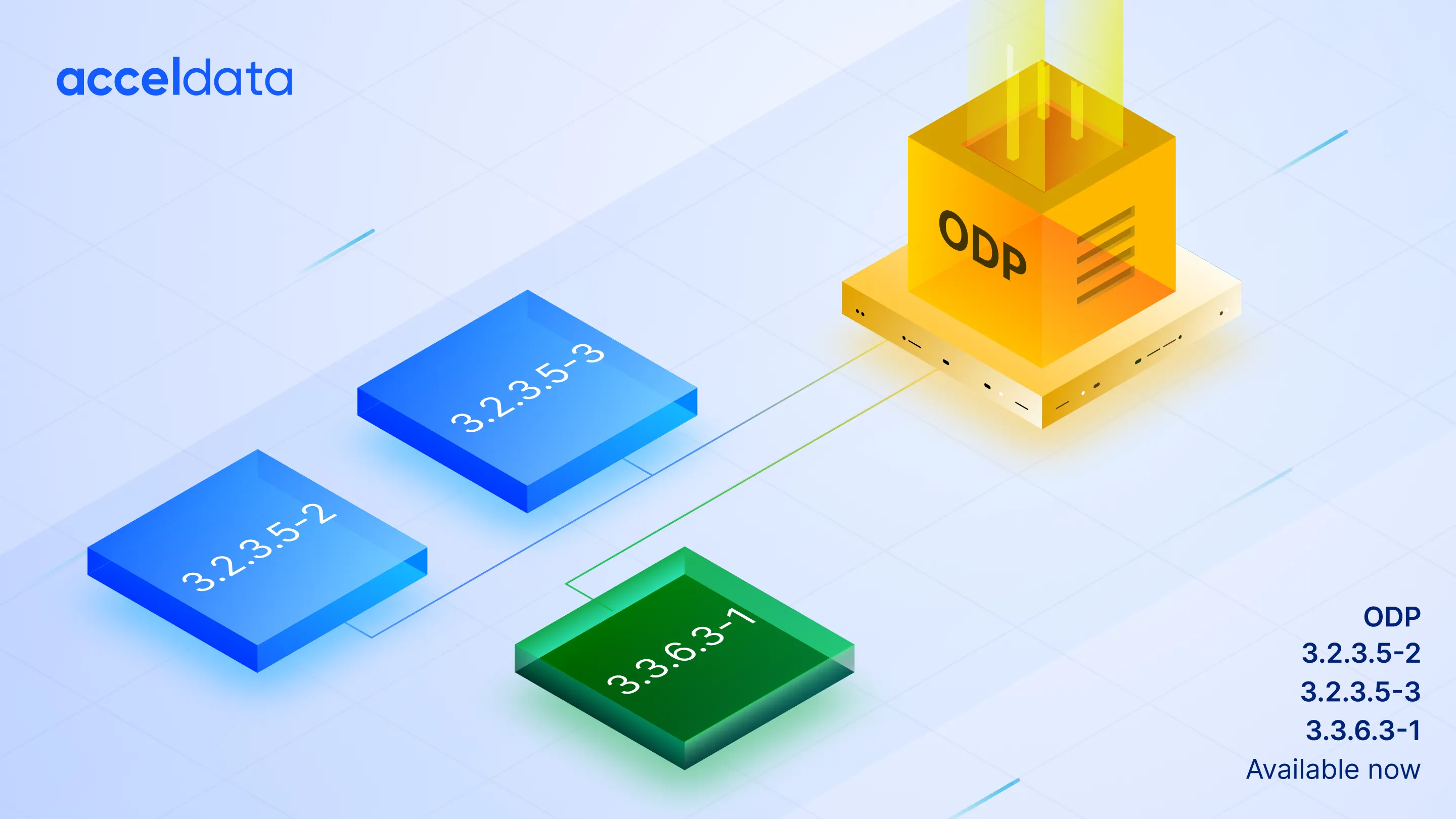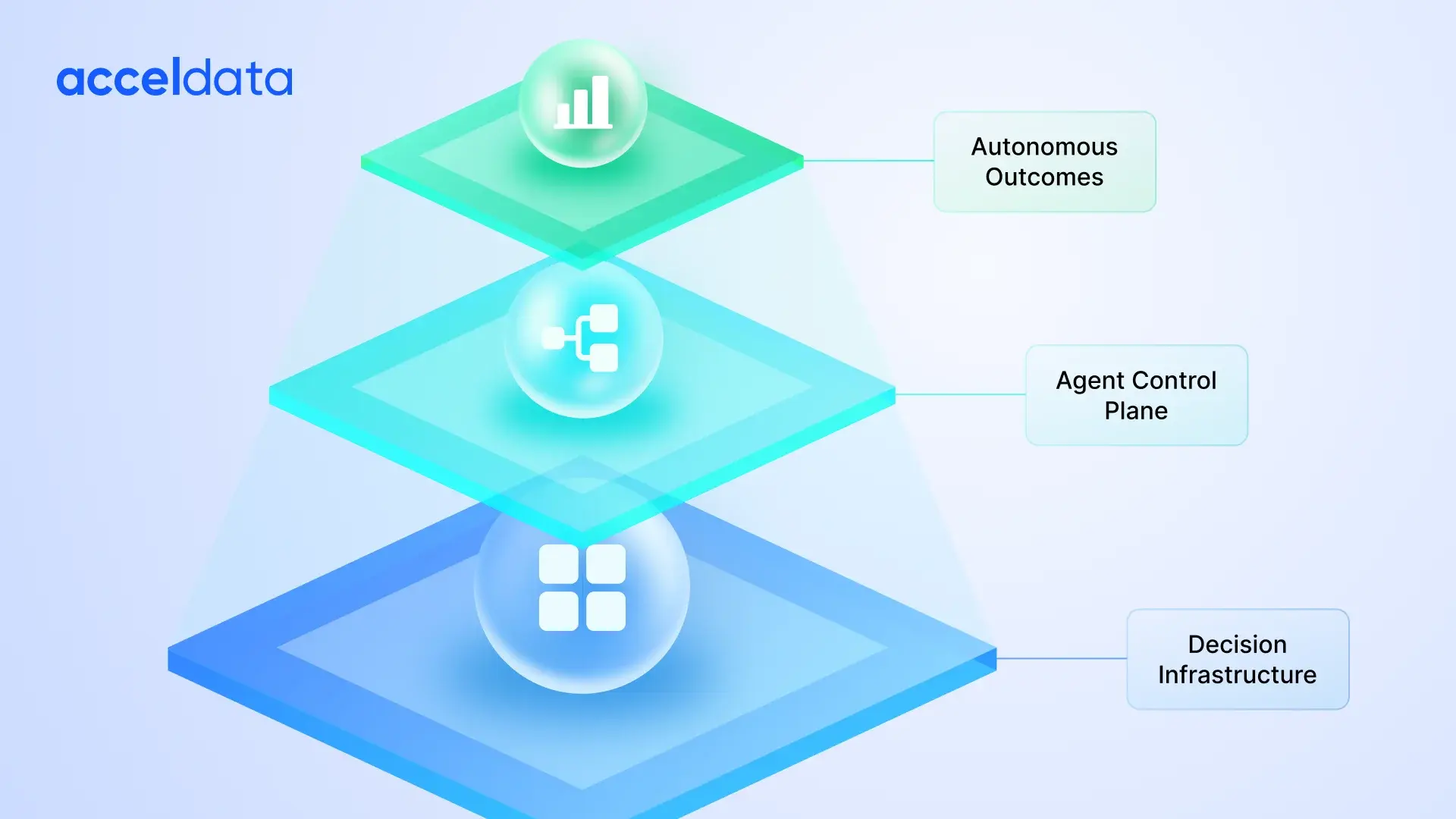Data is not merely an asset; it is the foundation of innovation and growth. According to a recent report by Statista, the global big data market is expected to reach an astounding $103 billion by 2027, reflecting the skyrocketing demand for advanced data solutions.
This surge underscores the transformative power of big data, enabling businesses to uncover patterns, predict trends, and make data-driven decisions with unparalleled precision. Yet, as the volume of data grows, so do the complexities of managing and leveraging it.
Businesses are adopting advanced strategies and technologies to navigate this vast landscape, transforming challenges into opportunities and raw information into actionable intelligence. The evolution of big data is likely to provide businesses with a blueprint for success in the highly competitive global market.
This article delves into the transformative shift shaping big data and reveals how these changes are paving the way for a smarter, more connected world.
1. Machine Learning (ML) and Artificial Intelligence (AI) Integration
The fusion of artificial intelligence (AI) and machine learning (ML) with big data is revolutionizing how organizations derive insights and make decisions.
Here’s how this integration is transforming industries:
- Enhanced predictive capabilities: AI-powered analytics helps forecast market behaviors, customer preferences, and operational bottlenecks with impressive accuracy. ML models adapt to new data, ensuring predictions remain relevant over time.
- Automation of data processes: AI automates data cleaning, data structuring, and data validation. This accelerates workflows, improves accuracy, and reduces manual intervention, freeing up resources for strategic initiatives.
2. Real-time Data Processing and Analytics
In a fast-paced digital world, the ability to process and analyze data in real time has become a necessity rather than a luxury. Businesses no longer have the advantage of waiting hours or even minutes for insights. They need instant insights to make timely decisions.
- Instant decision-making: Real-time analytics enables organizations to act on data the moment it is generated, ensuring agility in a competitive market.
- Enhanced customer experiences: Industries such as e-commerce and entertainment leverage real-time insights to deliver personalized recommendations and seamless user experiences.
- Proactive problem solving: Immediate identification of issues, such as system outages or security breaches, minimizes downtime and risks.
Key technologies driving real-time analytics
- Stream processing platforms: Tools such as Apache Kafka and Apache Spark stream process data as it flows in, enabling immediate analysis and response.
- Cloud-based solutions: Scalable cloud environments support high-speed processing demands of real-time analytics without significant infrastructure investment.
3. Edge Computing for Data Processing
As data generation explodes, processing it closer to its source, i.e., at the “edge,” has become a game-changer.
Edge computing minimizes latency, reduces bandwidth requirements, and enables real-time insights by handling data locally rather than transmitting it to centralized servers.
- Reduced latency: By processing data at its origin, edge computing eliminates delays caused by long transmission times, making it ideal for time-sensitive applications.
- Bandwidth efficiency: Organizations can lower bandwidth usage and associated costs significantly with less data sent to the cloud.
- Enhanced privacy and security: Localized processing reduces the exposure of sensitive data to potential security breaches during transmission.
4. Enhanced Data Privacy and Security Measures
As organizations gather and manage large volumes of data, it is essential to prioritize both data privacy and data security.
With stringent regulations such as GDPR and CCPA shaping data governance, businesses must adopt robust measures to safeguard sensitive information and maintain compliance.
- Regulatory compliance: Failure to comply with privacy regulations can lead to hefty fines and reputational damage.
- Customer trust: Protection of personal data fosters loyalty and strengthens relationships with consumers.
- Cybersecurity threats: As cyberattacks become increasingly sophisticated, safeguarding data security has become crucial to prevent breaches and minimize disruptions.
Strategies for strengthening data privacy
- Data anonymization: Techniques such as tokenization and masking ensure sensitive data is protected even if it is accessed by unauthorized entities.
- Encryption: Encrypting data at rest and in transit adds an essential layer of security.
- Zero-trust architecture: Adopting a zero-trust approach ensures strict identity verification before granting access to data or systems.
5. Growth of Data-as-a-Service (DaaS) Models
Managing and analyzing information can be resource-intensive in the era of big data. Data-as-a-Service (DaaS) has emerged as a transformative solution, enabling businesses to access and utilize high-quality data without building and maintaining complex infrastructure.
DaaS is a cloud-based service that provides organizations with on-demand access to structured and unstructured datasets. This model allows companies to consume data as a utility, much like electricity or water.
Benefits
- Cost efficiency: Eliminates the need for significant infrastructure investments, reducing operational costs.
- Scalability: Offers the flexibility to scale data usage based on evolving business needs.
- Accessibility: Ensures teams across various locations can access consistent, up-to-date datasets.
The DaaS market is projected to expand at a rapid pace as more businesses recognize the value of flexible and cost-effective data solutions. According to Gartner, DaaS adoption is poised to grow as organizations seek agility in managing their data ecosystems.
DaaS represents a paradigm shift in how businesses consume and leverage data, making it an indispensable tool for organizations aiming to stay competitive in a data-driven world.
6. Adoption of Multi-cloud and Hybrid Cloud Strategies
As data grows in volume and complexity, businesses are moving away from relying solely on a single cloud provider. Multi-cloud and hybrid cloud strategies have become vital components of data management strategy, offering flexibility, security, and resilience.
- Multi-cloud: Using multiple cloud service providers to host applications and data allows businesses to leverage each platform's best features.
- Hybrid cloud: Hybrid cloud combines private (on-premise) and public cloud environments, enabling seamless integration and control.
Benefits
- Flexibility and optimization: Organizations can select different clouds for specific tasks, such as running analytics on one platform while hosting applications on another.
- Risk mitigation: Reduces dependency on a single provider, minimizing risks associated with outages or service disruptions.
- Regulatory compliance: Hybrid clouds allow sensitive data to remain on-premise, addressing stringent compliance requirements in industries such as finance and healthcare.
7. Focus on Data Quality and Governance
Organizations are increasingly relying on data to make critical decisions. Ensuring data accuracy, data consistency, and data reliability has become a top priority.
Data quality and governance are not just operational concerns but strategic imperatives for maintaining trust, compliance, and competitive advantage.
- Data ownership: Assigning clear responsibility for data accuracy and security within the organization.
- Standardized policies: Establishing uniform rules for data entry, storage, and processing to eliminate inconsistencies.
- Regular audits: Conducting periodic reviews to identify and resolve data issues proactively.
Benefits
- Informed decision-making: High-quality data ensures that decisions are based on accurate and reliable information.
- Regulatory compliance: Maintaining data accuracy helps businesses meet stringent regulatory standards, avoiding penalties and reputational damage.
- Customer satisfaction: Clean, consistent data enables personalized services, enhancing customer trust and loyalty.
8. Rise of Augmented Analytics
Augmented analytics is transforming how organizations approach data insights. By leveraging AI and ML, augmented analytics enhances the data analysis process, making it more accessible, intuitive, and impactful for users across all levels of expertise.
Augmented analysis automates the process of data preparation, discovery, and visualization, enabling businesses to uncover insights faster. It bridges the gap between technical analysts and non-technical users, empowering everyone to make data-driven decisions.
Benefits
- Democratized data access: Non-technical users can interact with and understand data without relying on IT teams.
- Enhanced decision-making: Advanced algorithms provide deeper insights, ensuring decisions are supported by accurate and actionable data.
- Faster analysis: Automation reduces the time spent on manual data preparation and analysis tasks.
Leveraging Big Data Trends with Acceldata
Big data is likely to shape how organizations operate, innovate, and compete in 2025. From enabling real-time decision-making to enhancing data governance, the trends explored in this article are at the forefront of digital transformation.
To truly harness the potential of big data, businesses need tools that provide insights and ensure data quality, reliability, and observability. This is where Acceldata’s data observability platform comes into play.
Acceldata empowers organizations to stay ahead of the competitive curve by monitoring and optimizing their data pipelines in real time. Whether addressing data anomalies, improving data quality, or ensuring compliance, its platform provides a robust solution tailored to modern business needs.
Take the next step toward data-driven excellence. Get your Acceldata demo today to transform your big data strategy.








.png)








.webp)
.webp)


